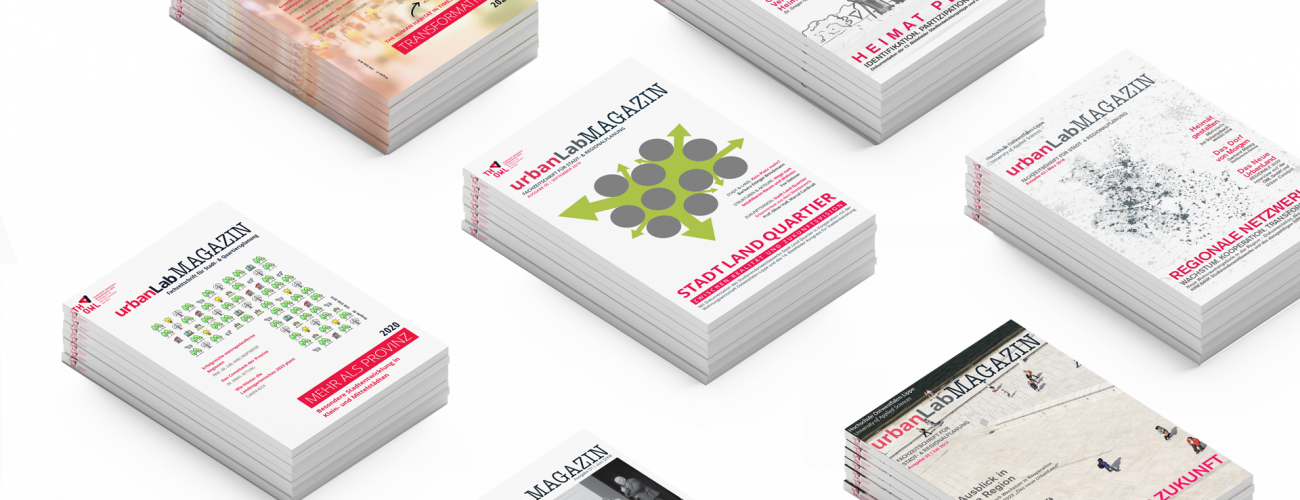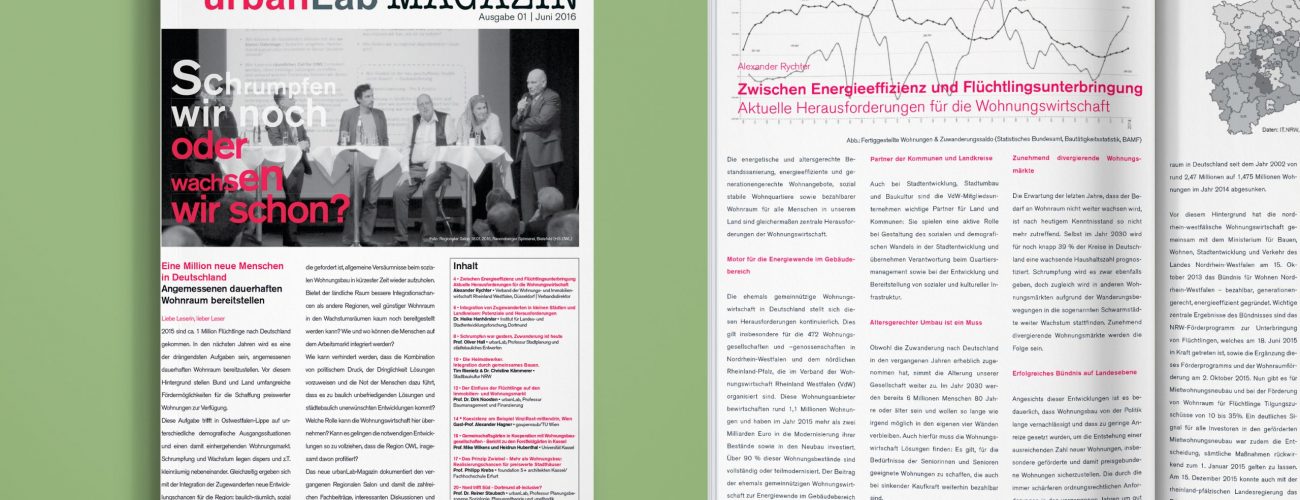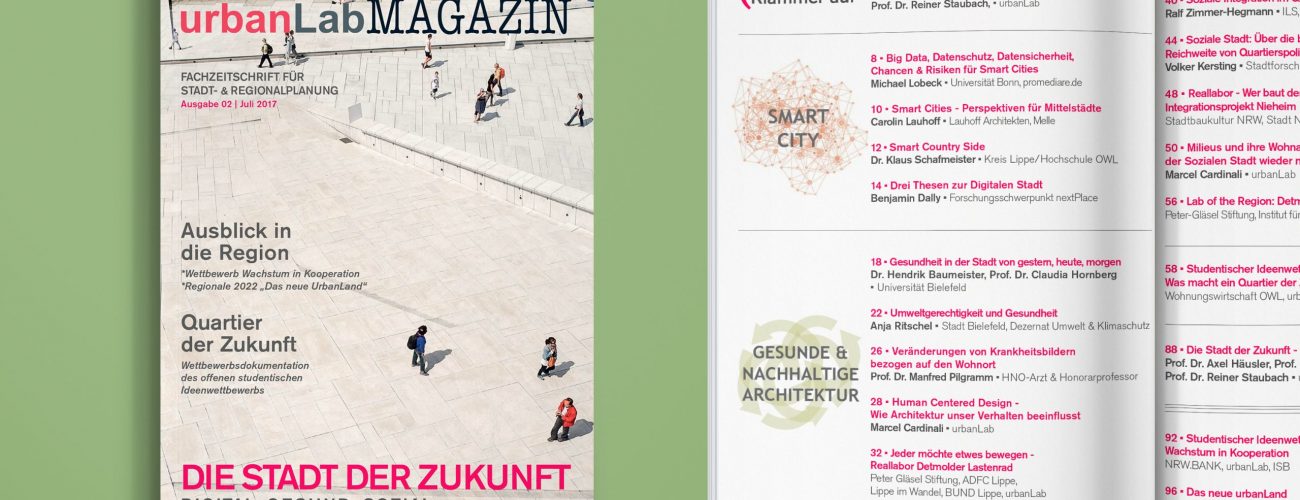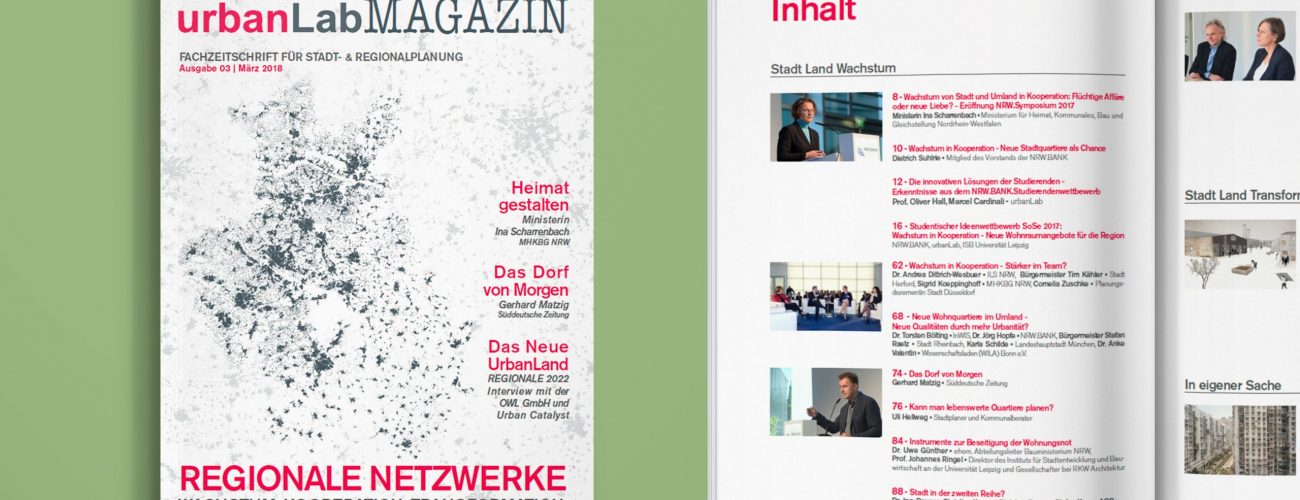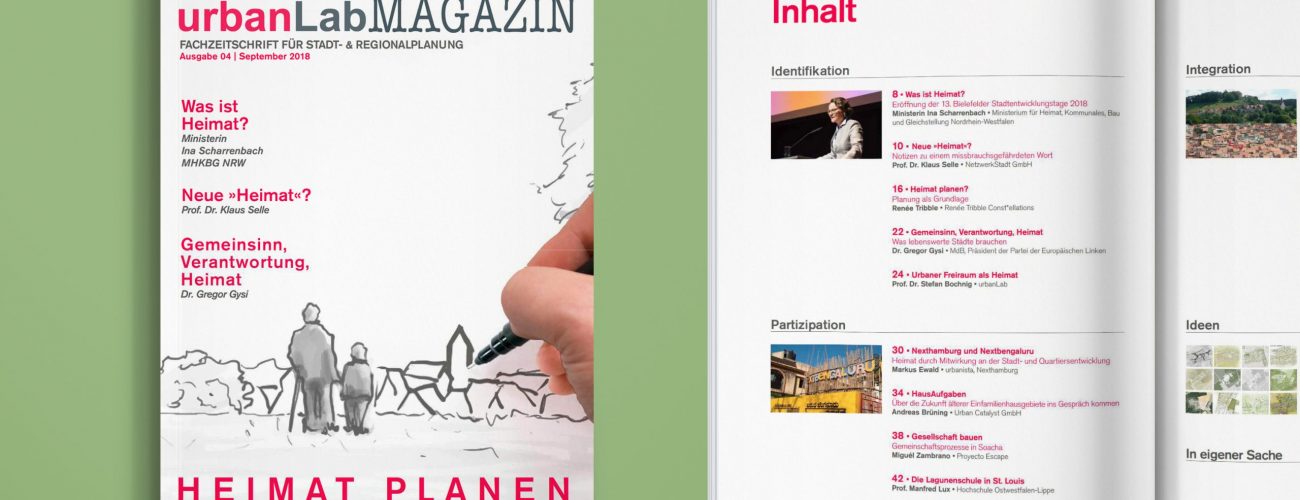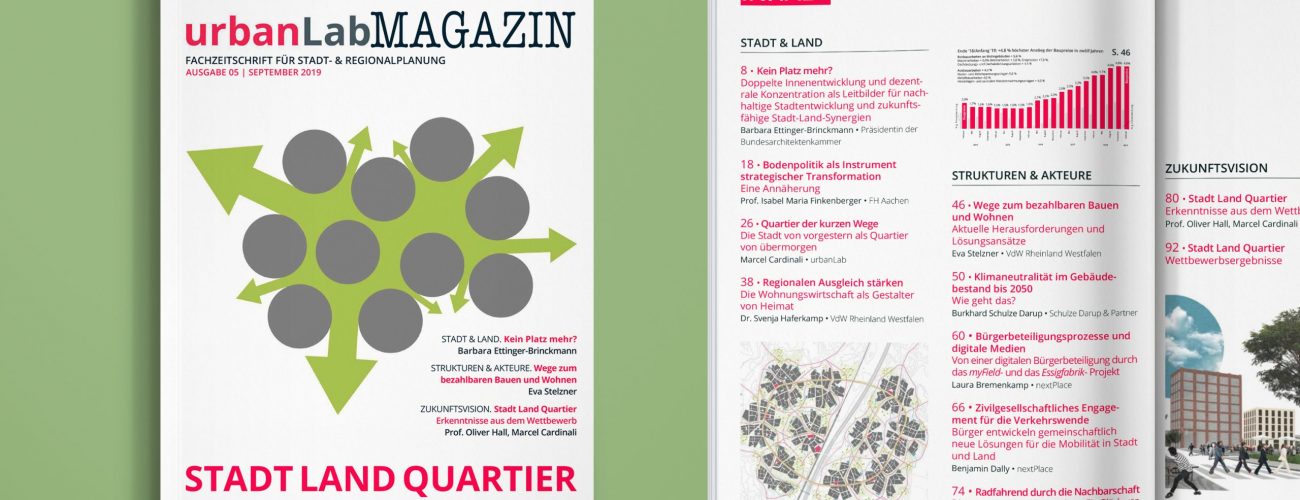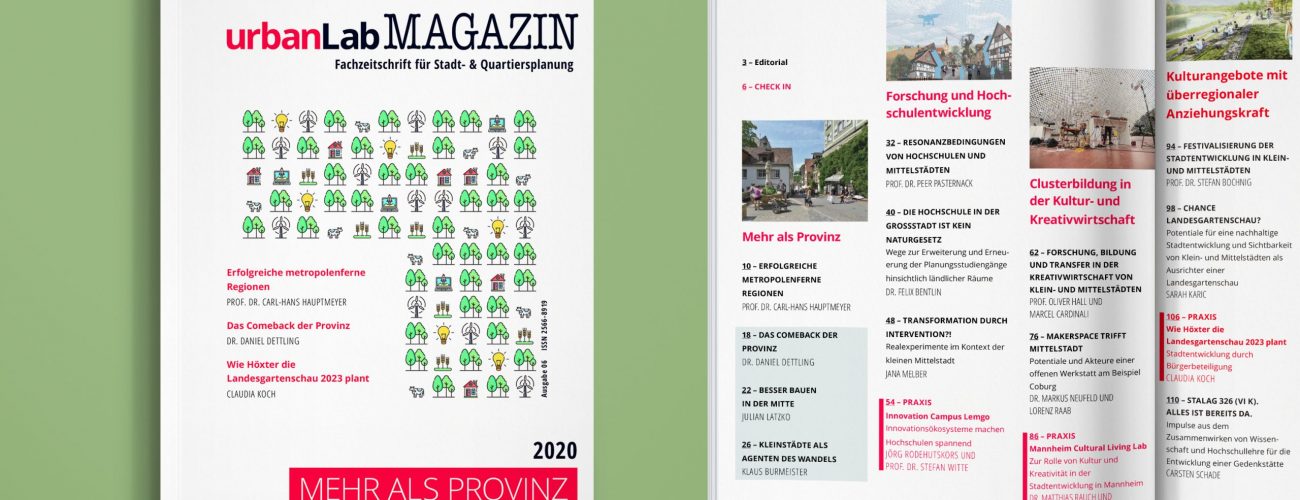


IDS Institute for Design Strategies accompanies the change in architecture and planning disciplines towards a responsible and sustainable design of the human habitat. To this end, it researches the fundamental interactions between people and space, develops strategies on the path to a climate-resilient built environment, and uses the opportunity space of digitalization for innovative approaches and complex analyses. The institute was founded in 2021 as a further development of four successful research focuses: urbanLab, nextPlace, constructionLab and percpectionLab. The members of the institute have been actively working in joint R&D projects with partners from business and municipalities for over 10 years. This has resulted in a network of over 40 institutions. The complex and multi-layered constellation of actors in the built environment also requires a special commitment to transfer between teaching, research, business and society. IDS meets these requirements through various established transfer formats that ensure this transdisciplinary exchange.
FROM HUMAN SCALE TO URBAN SCALE
WE CONNECT OUR KNOWLEDGE AND OUR COMPETENCES
The DCW is the first transfer format of the Institute for Design Strategies to dedicate a digital conference to the theme of the built environment – the human habitat. Across all scales, from the chair to city. Because we are convinced that the complexity of our habitat requires bringing together the fragmented states of knowledge within the planning disciplines, but also beyond.
